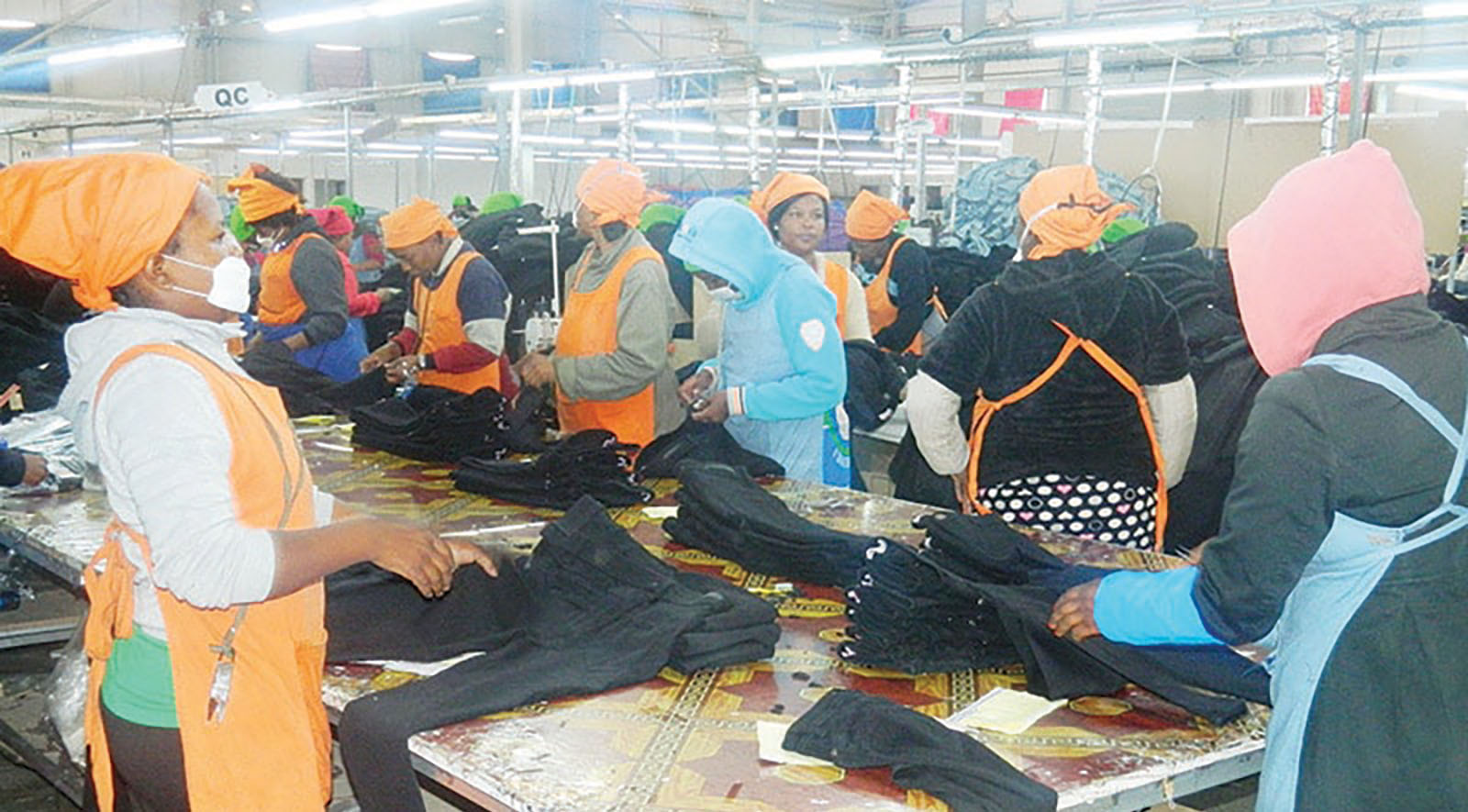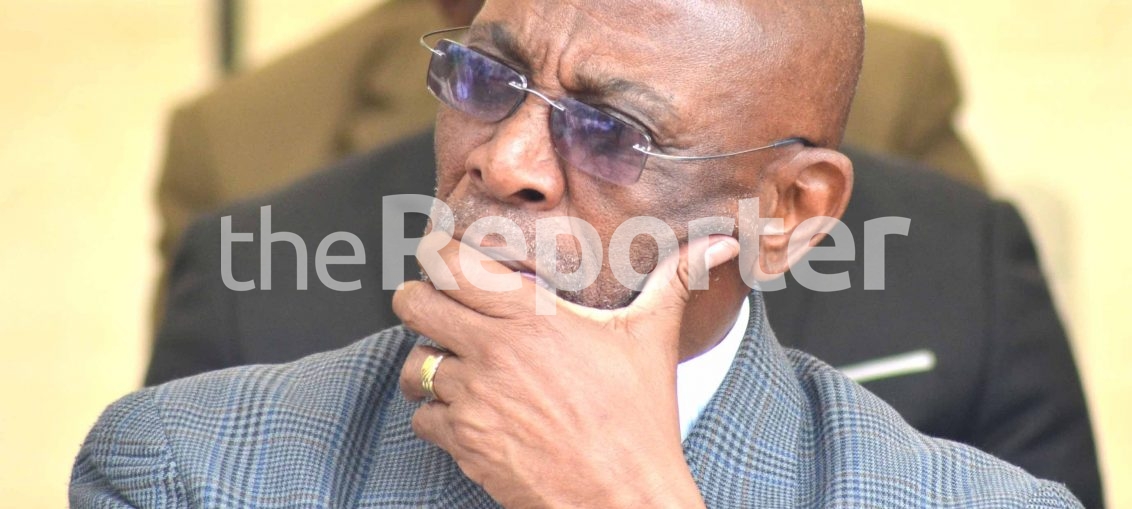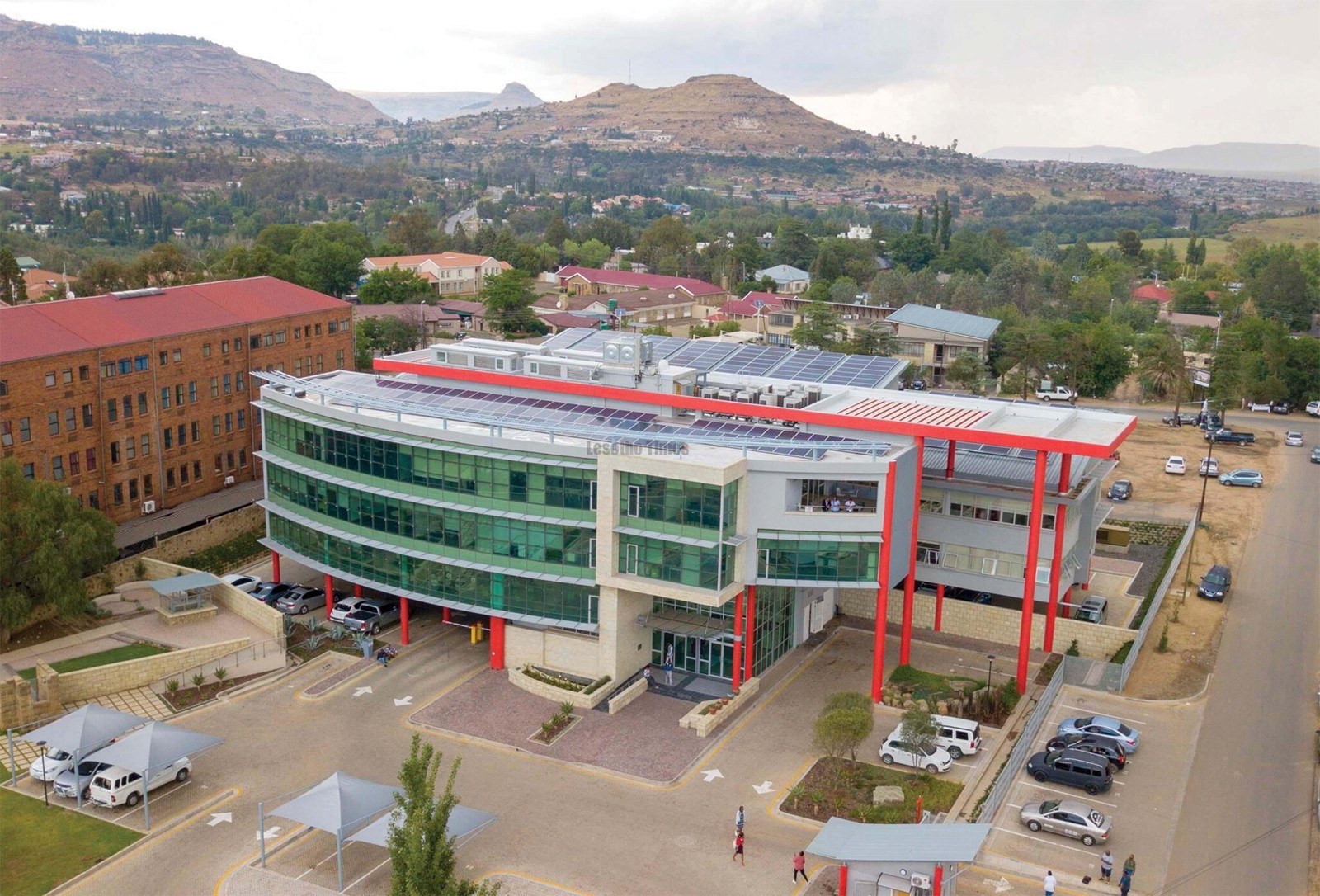‘Govt officials lining their pockets through tenders’

SHARE THIS PAGE!
Some local construction companies have accused senior government officials of awarding lucrative construction tenders to foreign owned companies in return for material gains.
The companies allege massive corruption and favouritism in the award of multi-million maloti contracts, a practice they say sidelines them and stifles economic growth.
They claim that the senior government officials favoured mostly Chinese owned firms, which in return build them houses and buy them expensive furniture from China.
The allegations come after the government had pledged to require foreign main contractors to allocate at least 30 percent of project works to Basotho sub-contractors in an effort to support the local economy.
However, the construction industry asserts that this policy has not been effectively enforced, leading to little or non-profit as well as continued exploitation and unfair treatment of local business.
Despite promises to prioritise them, local companies say government’s lack of oversight on major projects has allowed foreign contractors to take advantage of the situation.
The local companies have expressed frustration at being overlooked in the awarding of contracts, leading to a decrease in jobs and investment.
They also accused foreign main contractors for exploiting sub-contractors by charging them exorbitant rates leading to significant losses on their part.
In an interview with theReporter this week, Kopano Ke Matla Joint Venture managing director, Joang Molapo, alleged that in a case where foreign contractors honoured the policy of sub-contracting 30 percent of their work to local companies, they were paying below-market rates, resulting in little to no profit for local businesses.
“The main problem comes where these foreign companies pay unattractive rates to sub-contractors in such a way that they do not make profits. The government is well aware of this issue but there is no proper supervision work between the foreign contractors and sub-contractors.
“The exploitation of local sub-contractors by foreign main contractors was demonstrated in the case of a sub-contractor who worked on the Mpiti to Sehlabathebe road (Makhaola Lerotholi Road). The main contractor charged the sub-contractor exorbitant rates, leading to significant losses for the business,” he said.
The Mpiti to Sehlabathebe project worth M1.8 billion (US$84.5 million) was awarded to a Chinese firm, Qingjian Group (CNQC).
The project is one of the key infrastructure works being undertaken jointly by the governments of Lesotho and China. The Export-Import (EXIM) Bank of China provided a concessional loan of M1.3 billion while the Lesotho government injected an additional M500 million.
“This experience and others highlight the negative impact of foreign contractors on the local economy, as they exploit the lack of oversight and regulation to their own benefit,” Molapo noted.
Managing director of Bothobapelo Pty Ltd, Mahlomola Lebitsa echoed the sentiments, stating that they were struggling to compete in their own country because the government has opened the floodgates to foreign companies without ensuring that Basotho-owned companies are treated fairly.
Ntsane accused the government of failing to protect their interests and enforce fair business practices.
The absence of proper regulations, he argued, allows foreign contractors to exploit local businesses and undermine the economy.
“The rules are not being enforced, and as a result, we are being forced out of business. Our government just throws us into the lion’s den and fails to supervise proper cooperation between sub-contractors and main contractors.
“As a result, the foreign owned companies do as they please. There are no laws regulating this practice,” he said.
In February this year, community leaders had made an impassioned plea to the government during a stakeholder dialogue, to ensure that foreign construction companies award tenders sub-contract 30 percent of their work to local businesses.
The plea followed the awarding of multi-million maloti tenders to two foreign companies for work on the Lesotho Lowlands Water Development Project Phase II (LLWDP II).
A Botswana construction company, UNIK secured a M421,338,121 tender for the construction of transmission mains, pumping stations and reservoirs in Maputsoe.
The firm will construct and install a 28km steel transmission pipeline and about three concrete reservoirs as well as one pressed tank, over a period of 16 months.
The project also awarded Chinese company Qingjian Construction two contracts worth M146,301,370 and M211,759 356, respectively. The first contract is for distribution networks for Hlotse, Ha-Lesiamo, Khanyane, while the second is for constructing distribution networks for Tsikoane, Maputsoe and Mpharane, as well as installation of 390 km of uPVC pipe up to DN630 with all associated valves, fittings and infrastructure, and a 15 HH connection.
On his part, Sigma Construction managing director, Napo Makara expressed frustration at the difficulty of competing with foreign companies.
Makara said such firms were undercutting them at every turn and the government is always going for the lowest bidder, which is almost always a foreign owned company.
Makara expressed confusion over the pricing strategies of foreign companies suggesting that they may not be operating with the same profit motivations as local businesses.
“We have equal skills and the same resources with these companies but in most projects, they beat us with their very low prices. As a company, I expect to make profits but I don’t understand how they offer such low prices.
“In most cases, my company loses for the same reason of being up against deep-pocketed international firms. In addition, the tender requirements set by the government, especially in the Lesotho Lowlands Water Development Project Phase II (LLWDP), are prohibitive. They often require a sub-contractor to have an annual turnover of $50million (M893.8 million).
“Such requirements are unfair and unrealistic. It creates a barrier for local contractors who struggle to compete with international companies that have deeper pockets. It’s as if government does not care about supporting local businesses and is more interested in awarding contracts to foreign companies, despite our ability to deliver high quality work,” Makara pointed out.
Efforts to get comments from government were fruitless yesterday.
Recently, the government through the ministry of public works and transport awarded a M283.5 million (M283,521,859.05) tender to UNIK Construction Botswana Pty Ltd.
The project includes the rehabilitation of Moshoeshoe and Kofi Annan Roads in Maseru. It commenced in February last year and will be completed in February 2025.
The project is aimed at enhancing traffic flow and road safety on the two major Maseru city bypasses. It will also formalise the Seputana cross junction and help address parking problems at various intersections along the Kofi Annan Road.
The rehabilitation of the two roads by the Roads Directorate is part of building enabling infrastructure to stimulate private sector investment for inclusive growth and job creation, which is the Key Priority Area III as set out in the National Strategic Development Plan (NSDP II).



BEDCO, RSL to train youth entrepreneurs
5 days ago
Sehlabathebe power project to resume
7 days ago
Manufacturers cry foul over bricks imports
8 days ago
Unions to petition Matekane
8 days ago
Adv Phoofolo accorded state funeral
9 days ago
VCL report shows significant growth
11 days ago
Youth activist Masupha to launch book
12 days ago
Teen poet makes literary history
12 days ago